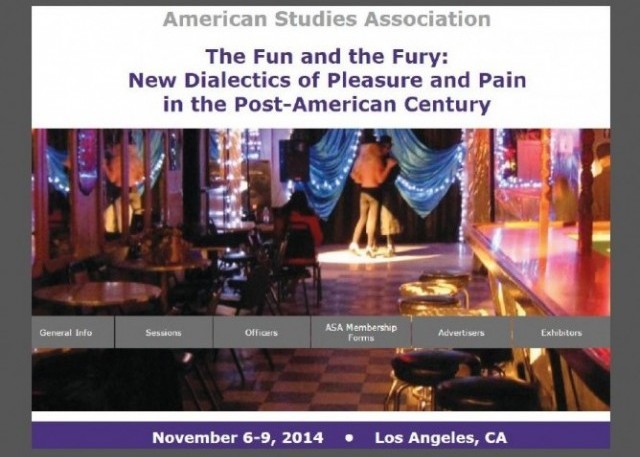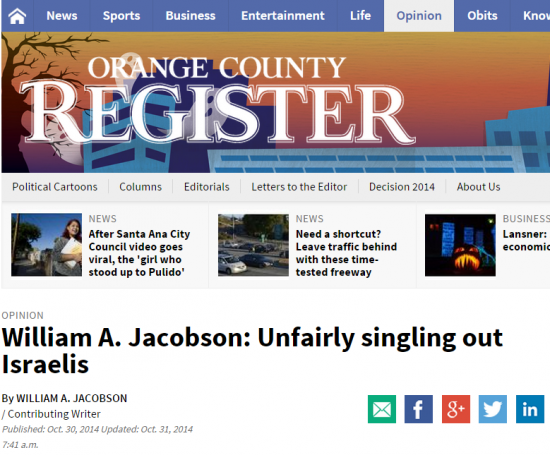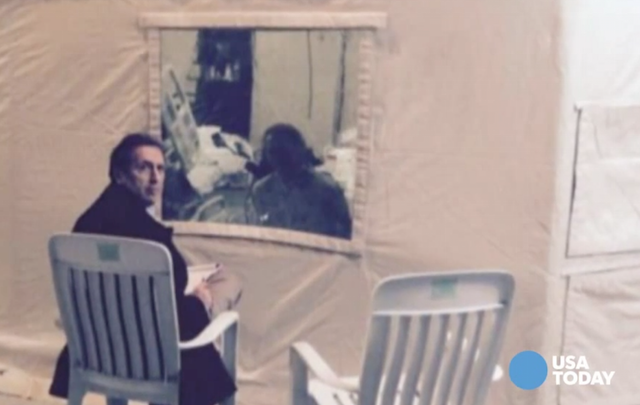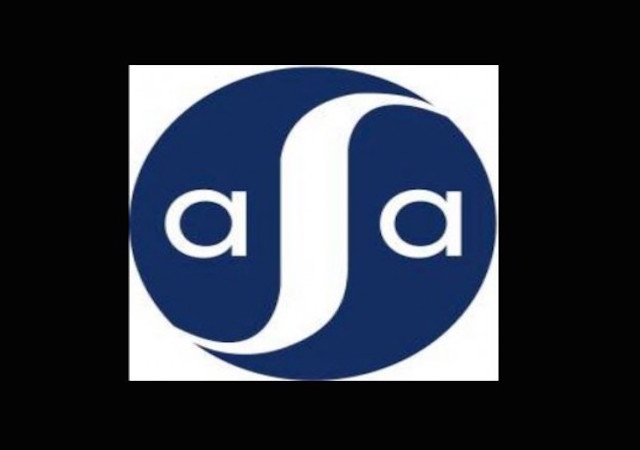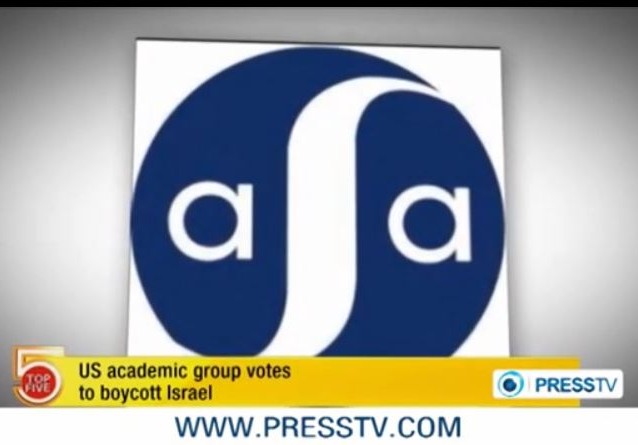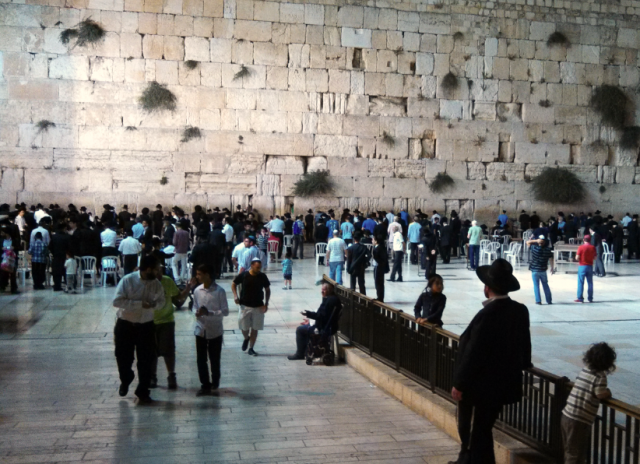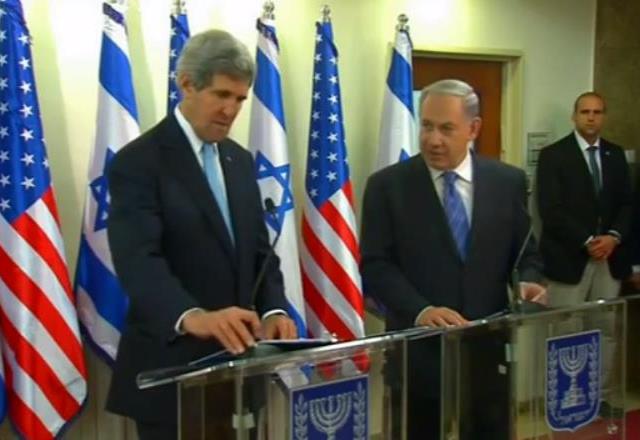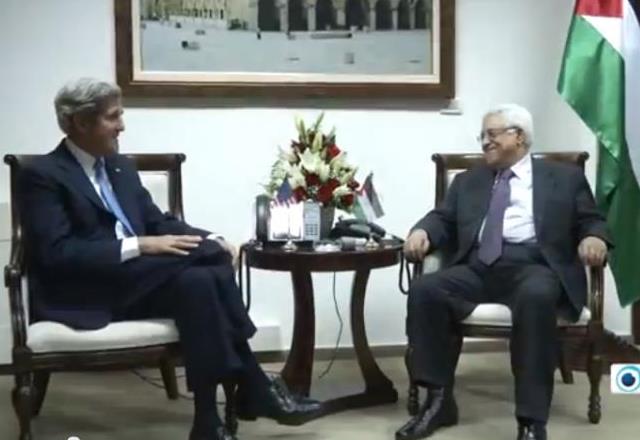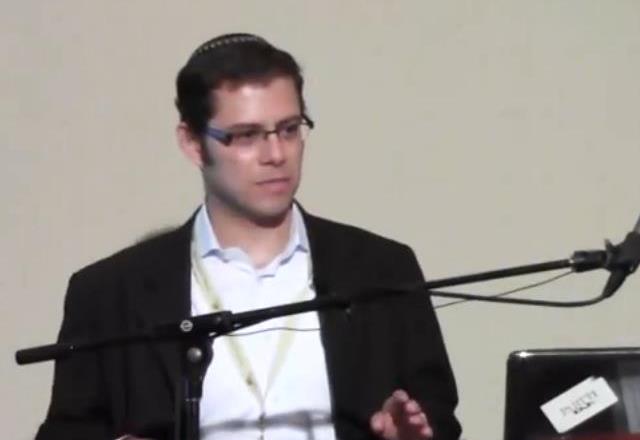Ever since I started covering the anti-Israel academic boycott of the American Studies Association in December 2013, I have interacted with some of its members who are reasonable people concerned about the direction the ASA has taken. But those voices have been drowned out by a shrill and vocal minority.
A little publicized fact is that less than one quarter of the membership voted in favor of the boycott (and depending on which membership numbers you use, perhaps as few as 16%), but it was enough to change the course of the organization due to low overall participation.
Once known as a somewhat obscure but well-regarded organization, ASA now is a pariah (as the NY Times described it) because of the boycott. ASA has become the poster child for how a relatively small group of anti-Israel radicals can take over key committees of a relatively small organization and leverage that power for a political agenda.
In this case, the agenda is the Boycott, Divest and Sanction movement, conceived of and scripted at the anti-Semitic 2001 Durban conference. Part of the Durban script was to have Palestinian civil groups issue a call for a boycott. That took place, and now groups like ASA cite the civil call for a boycott as their justification, ignoring its roots and preplanning.
At a time when the Humanities and Social Sciences are suffering and Ph.D. graduate students in fields like American Studies have few job prospects, the leadership and activists at ASA devote their energies to demonizing and delegitimizing Israel.
During this year's annual meeting, an entire day will be devoted to an offsite program run by ASA's Activism Caucus (yes, there really is such a thing) to teach faculty from around the country how to boycott Israeli universities, faculty, and scholars. ASA in a real sense has become a political activist organization.
The boycott, as applied to ASA's annual meeting, was discriminatory, and the hotel was put on notice that the hotel had potential liability.



